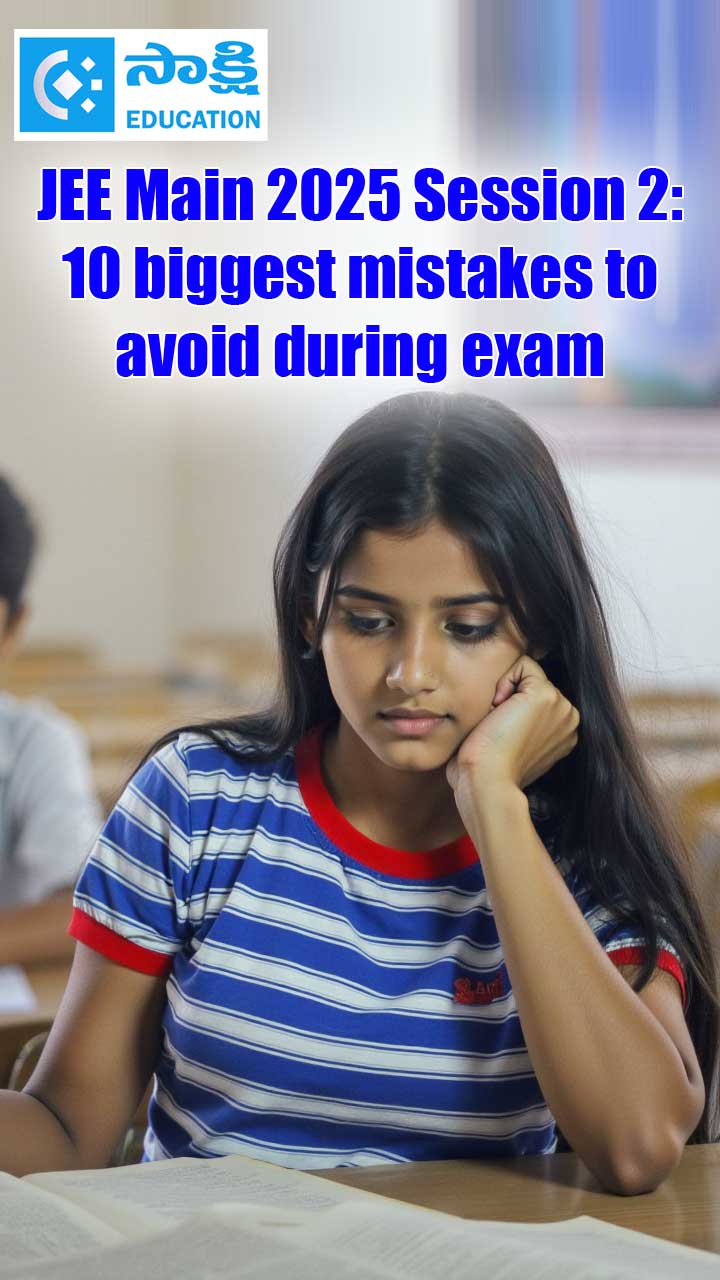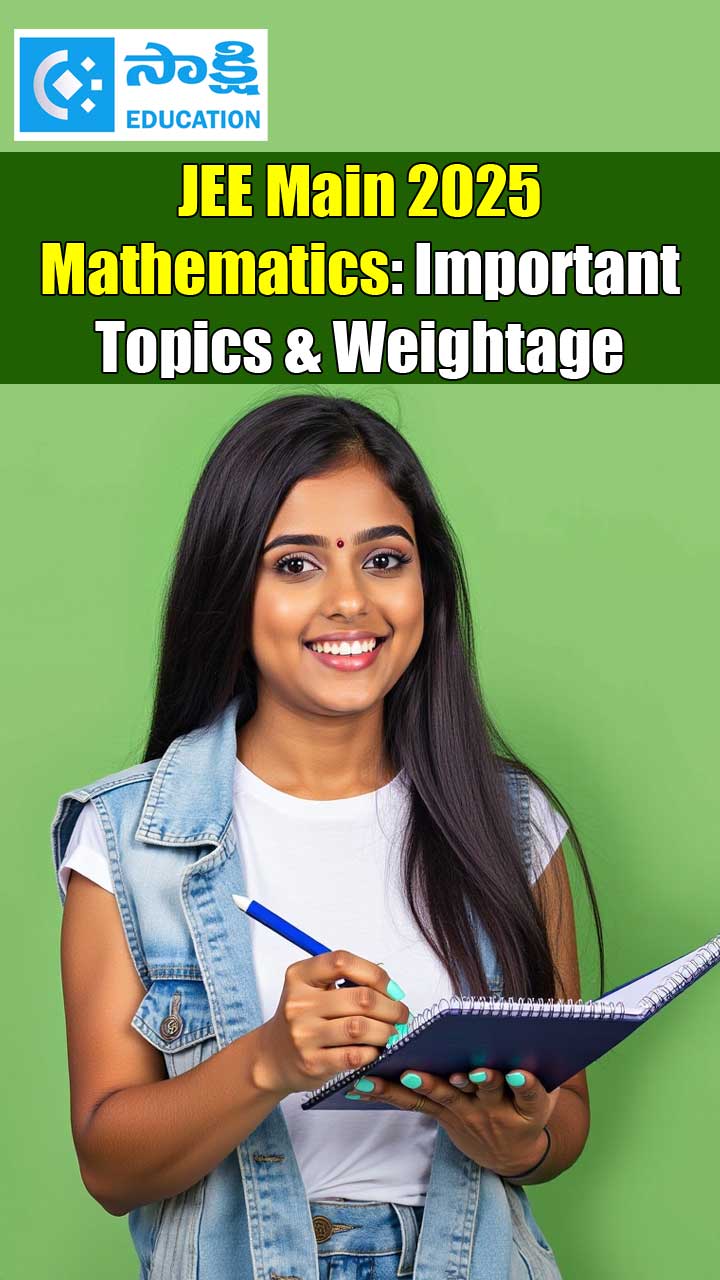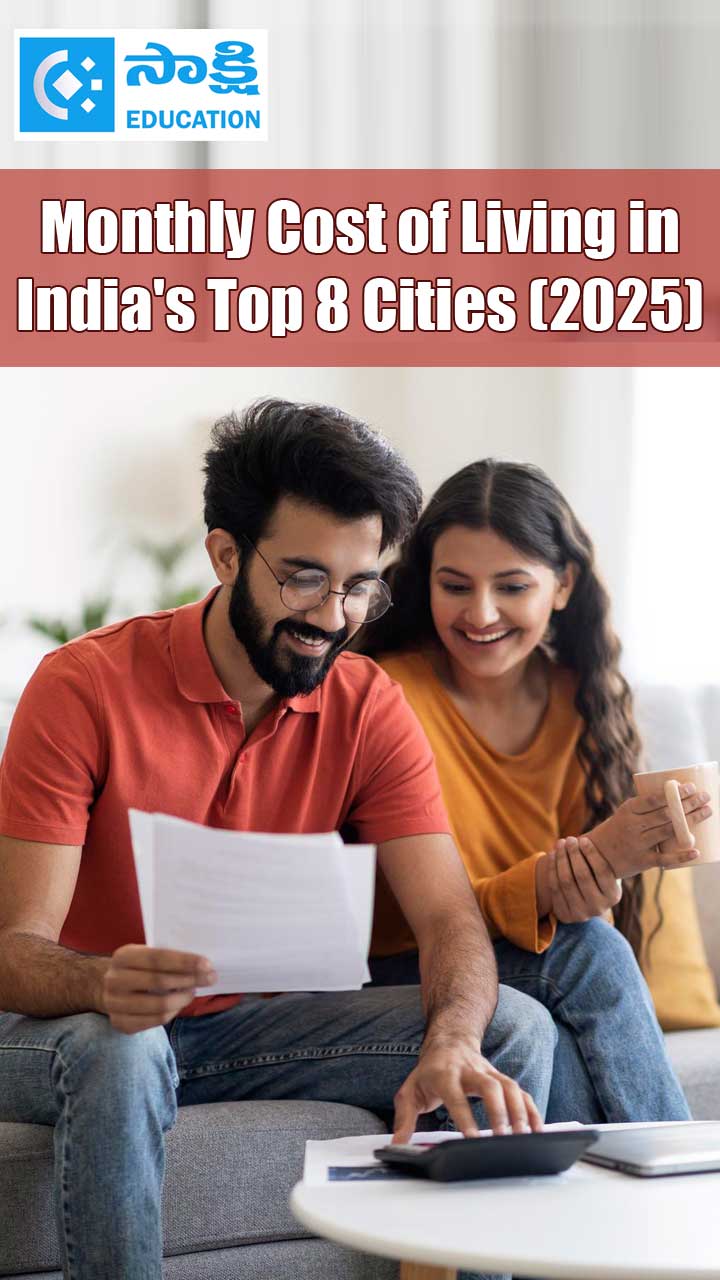Good practice is the key for Success… Recruitment of Sub-Inspectors in Delhi police, CAPFs & Assistant Sub-inspector in CISF examination, 2015
Vacancy of Sub Inspector in CAPFs:
| Name of the Force | Category | UR | OBC | SC | ST | Total | G. Total | Ex. Servicemen |
| A | B | C | D | E(A+B+C+D) | 10% of E | |||
| CRPF | Male | 104 | 55 | 31 | 15 | 205 | 221 | 22 |
| Female | 09 | 04 | 02 | 01 | 16 | |||
| BSF | Male | 290 | 156 | 87 | 44 | 577 | 607 | 61 |
| Female | 15 | 08 | 05 | 02 | 30 | |||
| ITBP | Male | 111 | 88 | 53 | 14 | 266 | 289 | 29 |
| Female | 09 | 08 | 05 | 01 | 23 | |||
| CISF | Male | 244 | 130 | 72 | 36 | 482 | 536 | 54 |
| Female | 29 | 14 | 08 | 03 | 54 | |||
| SSB | Male | 19 | 09 | 05 | 02 | 35 | 53 | 04 |
| Female | 10 | 04 | 03 | 01 | 18 | |||
| Total | 840 | 476 | 271 | 119 | 1706 | 1706 | 170 |
Vacancy of ASI in CISF :
| Rank | Category | UR | OBC | SC | ST | Total | Ex.SM 10% |
| ASI/Exe | Male | 502 | 267 | 148 | 74 | 991 | 110 |
| Female | 57 | 29 | 16 | 08 | 110 | ||
| Total | 559 | 296 | 164 | 82 | 1101 |
Vacancy of S.I. (Executive) – Male in Delhi Police
| Category | UR | OBC | SC | ST | Total |
| Open | 42 | 35 | 06 | 01 | 84 |
| Ex-Serviceman | 06 | 03 | 02 | - | 11 |
| Total | 48 | 38 | 08 | 01 | 95 |
Wages:
Sub-Inspector in CAPFs :( Central Armed Police Forces)
The post carries pay scale of Rs 9300-34800 in Pay Band 2 with Grade Pay of Rs 4200 and is classified as Group ‘B’ Non-Gazetted, Non-Ministerial.
Sub Inspector (Executive-Male) in Delhi Police:
The post carries pay scale of Rs.9300-34800 in Pay Band 2 with Grade Pay of Rs. 4200 and is classified as Group ‘C’ by Delhi Police.
Assistant Sub-Inspector in CISF:
The post carries pay scale of Rs.5200-20200 in PB-2 with Grade Pay of Rs.2800/- and is classified as Group ‘C’.
SCHEME OF EXAMINATION:
PAPER-I
| Subject | Number of Questions | Maximum Marks | Duration/ Time Allowed | ||
| Part A | General Intelligence and Reasoning | 50 | 50 | Two Houre (10.00 A.M. to 12.00 Noon) | |
| Part B | General Knowledge and General Awareness | 50 | 50 | ||
|
| |||||
| Part C | Quantitative Aptitude | 50 | 50 | ||
| Part D | English Comprehension | 50 | 50 |
PAPER-II
| Subject | Maximum Marks /Questions. | Duration and timing |
| English language | Two Hours | |
| &Comprehension | 200 marks/200 questions | (2.00 PM to 4.00PM) |
The written test is performed offline. The online test is likely to get approval from government.
Selection Procedure:
- The selection process is in three phases. The first phase will consist of a written test: paper 1 and paper-2.
- For those who clear Paper -1, tests pertaining to body endurance, physical standards and medical tests will be carried out.
- Those who qualify above two rounds their paper-2 will be evaluated.
- Those who stand out in merit list in Paper 1 and Paper -2, they will be called up for an interview.
- Based up on the overall marks including interview marks, candidates will be selected.
Physical tests:
Men:
100 m run: 16 seconds
1.6 km Running: 6.5 minutes
Long jump: 3.65 meters, three chances
High jump: 1.2 meters, three chances
Shot (16 elbies): 4.5 meters, 3 chances
Women:
100 mts run: 18 seconds
800 mts run: 4 minutes
Long jump: 2.7 meters, 3 chances
High Jump: 0.9 meters, 3 chances
Physical standards:
- Height: 170 cm for men; Chest 80cm. 85 cm in while breathe
- Women should have a height of 157 cm.
Important dates:
- Examination Date: July 21st, 2015
- Examination Centers: Hyderabad, Guntur, Kurnool, Rajahmundry, Tirupati, Visakhapatnam
SYLLABUS
Paper -I
A. General Intelligence & Reasoning: It would include questions of both verbal and non-verbal type. This component may include questions on analogies, similarities and differences, space visualization, spatial orientation, problem solving, analysis, judgment, decision making, visual memory, discrimination, observation, relationship concepts, arithmetical reasoning and figural classification, arithmetic number series, non-verbal series, coding and decoding, statement conclusion, syllogistic reasoning etc. The topics are, Semantic Analogy, Symbolic/Number Analogy, Figural Analogy, Semantic Classification, Symbolic/Number Classification, Figural Classification, Semantic Series, Number Series, Figural Series, Problem Solving, Word Building, Coding & de-coding, Numerical Operations, symbolic Operations, Trends, Space Orientation, Space Visualization, Venn Diagrams, Drawing inferences, Punched hole/pattern-folding & un-folding, Figural Pattern- folding and completion, Indexing Address matching, Date & city matching Classification of centre codes/roll numbers, Small & Capital letters/numbers coding, decoding and classification, Embedded Figures, Critical thinking, Emotional Intelligence, Social Intelligence, Other sub-topics if any.
General Awareness: Questions in this component will be aimed at testing the candidate’s general awareness of the environment around him and its application to society. Questions will also be designed to test knowledge of current events and of such matters of every day observations and experience in their scientific aspect as may be expected of any educated person. The test will also include questions relating to India and its neighboring countries especially pertaining to History, Culture, Geography, Economic Scene, General Polity, Indian Constitution, scientific Research etc.
Quantitative Aptitude: The questions will be designed to test the ability of appropriate use of numbers and number sense of the candidate. The scope of the test will be computation of whole numbers, decimals, fractions and relationships between numbers, Percentage, Ratio and Proportion, Square roots, Averages, Interest, Profit & Loss, Discount, Partnership Business, Mixture and Allegation, Time and distance, Time & work, Basic algebraic identities of School Algebra and Elementary surds, Graphs of Linear Equations, Triangle and its various kinds of centres, Congruence and similarity of triangles, Circle and its chords, tangents, angles subtended by chords of a circle, common tangents to two or more circles, Triangle , Quadrilaterals, Regular Polygons, Circle, Right Prism, Right Circular Cone, Right Circular Cylinder, Sphere, Hemispheres, Rectangular Parallelepiped, Regular Right Pyramid with triangular or square base, Trigonometric ratio, Degree and Radian Measures, Standard Identities, Complementary angles,
English Comprehension: Candidates’ ability to understand Heights and Distances, Histogram, Frequency polygon, bar diagram & Pie chart. Basic comprehension and writing ability, etc. would be tested.
Paper-II:
English Language & Comprehension: Questions in this components will be designed to test the candidate’s understanding and knowledge of English Language and will be based on error recognition, filling in the blanks (using verbs, preposition, articles etc), Vocabulary, Spellings, Grammar, Sentence Structure, Synonyms, Antonyms, Sentence Completion, Phrases and Idiomatic use of Words, comprehension etc.
Good practice is the key for Success - N. Vinaykumar Reddy, Director IACE, Hyderabad.
To apply, candidates must be carefully considered in order of priority of posts. Wages, working conditions, work place should be taken in account while prioritizing. Then it cannot be reverted. The current SI, ASI, Combined Graduate Level Examination procedure is similar to the CGL test. However, the complexities of quantitative aptitude are likely to be less than CGL. Reasoning may be equally hard.
The candidate needs to become strong in the basics of subjects. In view of the complex concepts, preparation plans have be made on daily basis and start observing the critical mistakes committed and discuss with friends. This helps to memorize concepts strongly.
Keen focus has to be kept on General intelligence, reasoning, verbal and non-verbal reasoning. Coding-decoding, ven diagrams, series and other aspects too are very important.
General Knowledge, General awareness relating to Indian History, Culture, Geography, economic affairs, etc. are equally important. Stay updated on polity and current affairs. Refer the newspaper and make a note of the highlights every day, this could help you to stay tuned with the current updates.
In recent years of SSC exams, more number of questions has been asked on current affairs. After completion of the syllabus of subjects, practice model papers. The success of the test is purely dependent on right practice.

















